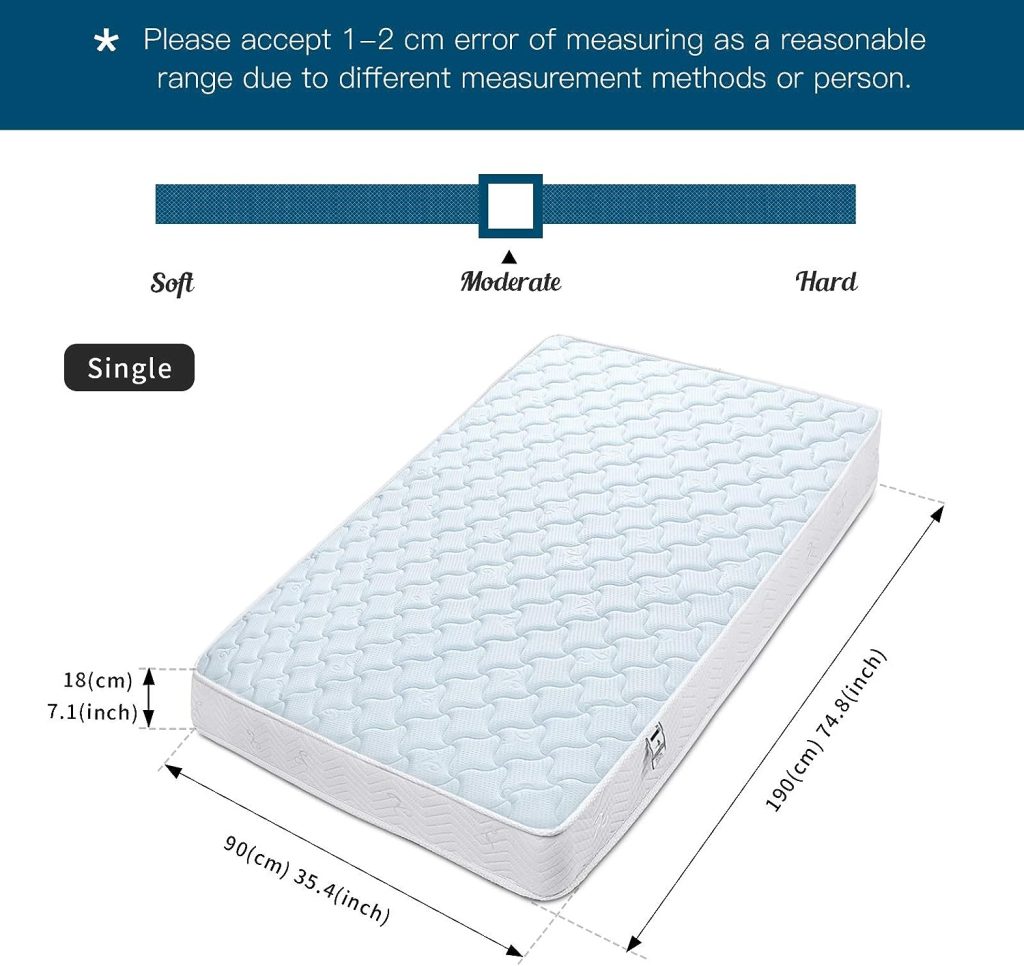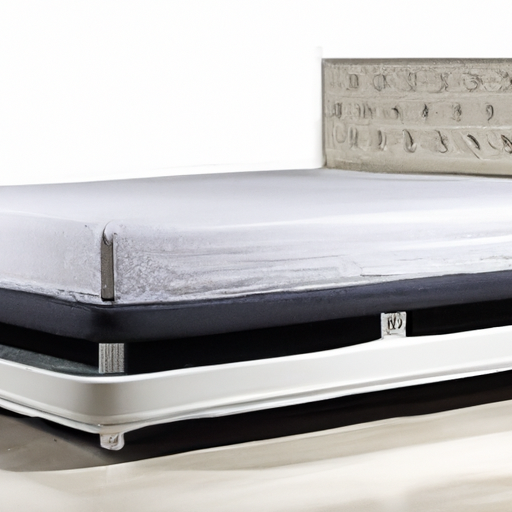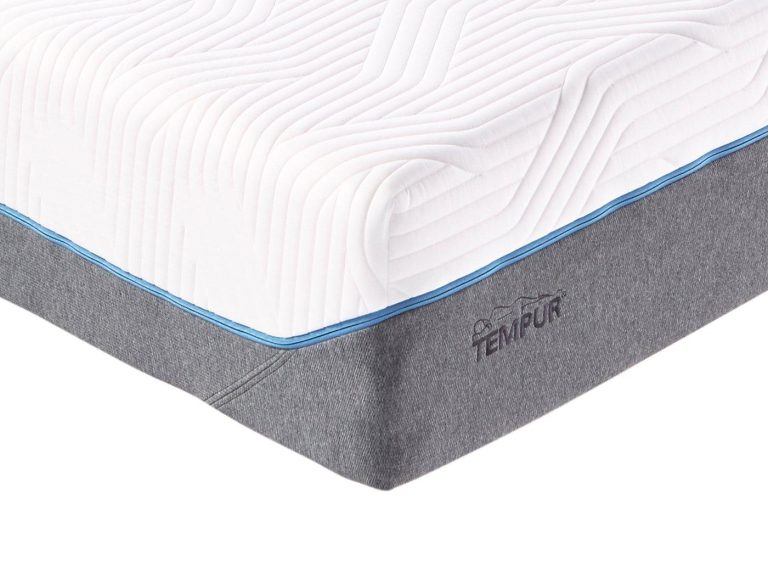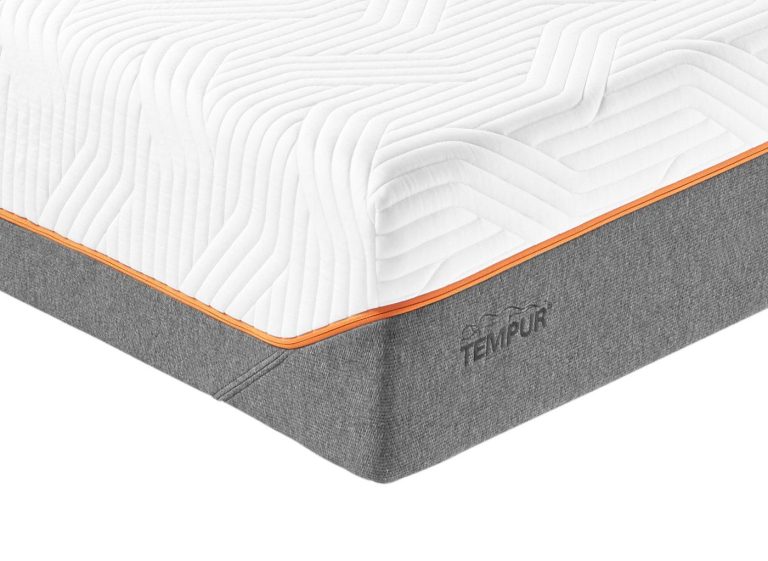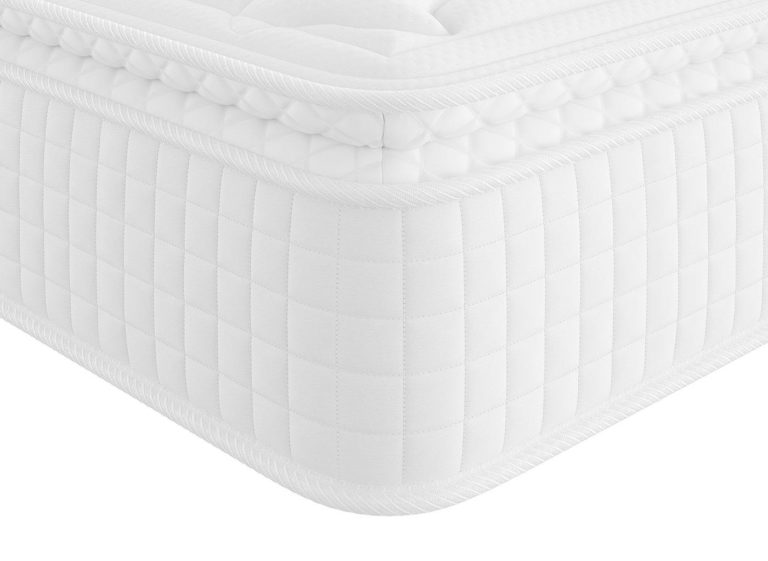Have you ever wondered how the thickness of a mattress affects the level of support it provides? In this article, we will explore the correlation between mattress thickness and support, uncovering the factors that contribute to a comfortable and restful night’s sleep. By understanding how mattress thickness plays a role in supporting your body, you will be better equipped to choose the perfect mattress for your needs and improve the quality of your sleep. So, let’s dive in and discover the impact of mattress thickness on support together!
Table of Contents
Toggle1. Introduction
Welcome to this article on understanding the impact of mattress thickness on support. In this comprehensive guide, we will explore the importance of support in mattresses and delve into the various factors that affect mattress support. We will also discuss the relationship between mattress thickness and support and provide guidance on choosing the right thickness for your needs. So let’s dive in and gain a deeper understanding of this fascinating topic!
1.1 Background
A good night’s sleep is essential for your overall well-being, and the mattress you sleep on plays a crucial role in determining the quality of your sleep. One key aspect of a mattress that significantly affects your sleep experience is its level of support. While comfort is often the primary consideration when choosing a mattress, the importance of support should not be overlooked.
1.2 Purpose of the Article
The purpose of this article is to educate you about the impact of mattress thickness on support and help you make an informed decision when selecting a mattress. By understanding the factors that influence mattress support and the relationship between thickness and support, you will be equipped with the knowledge needed to choose a mattress that provides optimal comfort and support for your unique needs.
2. Understanding Support in Mattresses
2.1 Definition of Support
Support in mattresses refers to the ability of the mattress to maintain a neutral alignment of your spine and distribute your body weight evenly. A supportive mattress ensures that your spine remains in a natural position, avoiding excessive pressure on certain areas of your body. This helps prevent discomfort, pain, and potential health issues.
2.2 Importance of Support in Mattresses
Proper support is vital for maintaining good spinal alignment during sleep. When your mattress offers adequate support, it helps relieve pressure points and promotes proper blood circulation. This, in turn, reduces the risk of developing body aches, joint pain, and even chronic conditions like arthritis. Additionally, a supportive mattress allows your muscles to relax fully, leading to a more restful and rejuvenating sleep experience.
3. Factors Affecting Mattress Support
3.1 Mattress Materials
Different mattress materials contribute to varying levels of support. Innerspring mattresses, for example, typically provide a bouncy and responsive feel due to their coil systems. On the other hand, memory foam mattresses offer excellent contouring support by moulding to your body’s shape. Latex mattresses strike a balance between support and responsiveness, providing a buoyant yet supportive surface. Understanding the characteristics of different mattress materials can help you choose the right support level for your needs.
3.2 Coil or Spring Systems
Another factor influencing mattress support is the type of coil or spring system used. Traditional innerspring mattresses employ interconnected coil systems that offer a buoyant and supportive feel. However, individually wrapped coils, also known as pocketed coils, provide better motion isolation and targeted support. Hybrid mattresses combine the benefits of different coil systems to offer enhanced support and comfort.
3.3 Foam Density and Type
In foam mattresses, both density and type play a role in determining support. High-density foams tend to be more durable and offer better support. Memory foam, known for its contouring properties, can provide excellent support by conforming to your body’s shape. Polyfoam, on the other hand, is more responsive and offers a firmer feel, providing ample support to keep your spine aligned.
4. Exploring Mattress Thickness
4.1 Definition of Mattress Thickness
Mattress thickness refers to the height or depth of a mattress, typically measured in inches. The thickness of a mattress can vary significantly, ranging from thin mattresses of around 6 inches to ultra-thick mattresses of 14 inches or more. Understanding mattress thickness is essential in comprehending its impact on support.
4.2 Relationship between Thickness and Support
Generally, thicker mattresses tend to provide more support than thinner ones. This is because thicker mattresses often have additional layers, such as comfort layers or support cores, that contribute to better weight distribution and spinal alignment. However, thickness alone is not the sole determinant of support, and various other factors must be considered to achieve optimal support.
5. Impact of Mattress Thickness on Support
5.1 Effect of Thinner Mattresses on Support
Thinner mattresses, especially those with minimal comfort layers or support cores, may not offer sufficient support, leading to poor spinal alignment and increased pressure points. This lack of support can result in discomfort, restlessness, and disrupted sleep. Thinner mattresses are generally more suitable for individuals seeking a firmer sleep surface or those with specific support requirements, such as stomach sleepers.
5.2 Effect of Thicker Mattresses on Support
Thicker mattresses, with their additional layers, have the potential to provide enhanced support. The extra cushioning and support elements can help distribute weight evenly, reduce pressure points, and promote proper spinal alignment. Thicker mattresses are often preferred by side sleepers and individuals with back pain or joint issues, as they offer the necessary support to alleviate discomfort.
5.3 Optimal Mattress Thickness for Different Sleeper Types
While there is no one-size-fits-all answer to the ideal mattress thickness, it is helpful to consider the following guidelines based on different sleeper types:
- Back sleepers: A medium-thickness mattress (around 10–12 inches) is generally ideal to maintain proper spinal alignment and provide adequate support.
- Side sleepers: A slightly thicker mattress (around 12–14 inches) is recommended to cushion the shoulders and hips and prevent pressure points.
- Stomach sleepers: Thinner mattresses (around 6–8 inches) can be suitable for stomach sleepers to prevent excessive sinkage and maintain a more supportive surface.
6. Considerations for Choosing the Right Thickness
6.1 Personal Preference
As with any aspect of choosing a mattress, personal preference plays a significant role. Some individuals may prefer a softer and more plush feel, while others may opt for a firmer and more supportive surface. It’s important to consider your comfort preferences when deciding on mattress thickness.
6.2 Body Weight and Distribution
Your body weight and distribution can also influence the ideal mattress thickness. Heavier individuals may benefit from thicker mattresses that offer robust support and prevent sagging, while lighter individuals may find optimal support with slightly thinner mattresses.
6.3 Sleeping Position
Your preferred sleeping position affects how your weight is distributed on the mattress. Side sleepers generally require thicker mattresses to alleviate pressure on their shoulders and hips. Back and stomach sleepers may find adequate support with medium to thinner mattresses, depending on their comfort preferences.
6.4 Health Conditions
If you have specific health conditions, such as back pain, arthritis, or joint issues, you may benefit from a thicker mattress that provides better support and cushioning. However, consulting with a healthcare professional is advisable in such cases to determine the most suitable mattress thickness for your unique needs.
6.5 Motion Isolation
If you share your bed with a partner and are sensitive to motion transfer, a thicker mattress with improved motion isolation properties may be preferable. Thicker mattresses often incorporate various materials and technologies, such as memory foam or pocketed coil systems, that minimise motion transfer and allow for a more peaceful sleep experience.
7. The Relationship Between Comfort and Support
7.1 Finding the Balance Between Comfort and Support
When choosing a mattress, it’s crucial to strike a balance between comfort and support. While support ensures proper spinal alignment and pressure relief, comfort is subjective and depends on individual preferences. The right mattress should provide a combination of both, allowing you to sleep comfortably while maintaining optimal support.
7.2 Role of Mattress Thickness in Comfort and Support
Mattress thickness contributes to both comfort and support. Thicker mattresses often offer a plusher and more cushioning feel, enhancing comfort. At the same time, the added layers and materials provide enhanced support, promoting better spinal alignment and pressure relief. However, it’s important to remember that comfort and support are not solely determined by thickness alone and are influenced by various factors discussed earlier in this article.
8. Additional Considerations
8.1 Impact of Mattress Base or Foundation
The choice of mattress base or foundation can also affect the support provided by the mattress. A sturdy and supportive base, such as a platform bed or adjustable base, can enhance the overall support and durability of the mattress. Consider the compatibility of the mattress with different base options when making your decision.
8.2 Durability and Longevity
The longevity of a mattress is another important factor to consider. Thicker mattresses, especially those made with high-density materials, generally tend to be more durable and long-lasting. Investing in a mattress with good durability ensures that you can enjoy optimal support and comfort for an extended period.
8.3 Cost Considerations
It’s worth noting that thicker mattresses typically come at a higher cost compared to thinner ones due to the additional materials and layers involved. While a thicker mattress may offer enhanced support and comfort, it’s essential to consider your budget and strike a balance between your needs and affordability.
9. Conclusion
The impact of mattress thickness on support is a significant consideration when choosing a mattress that caters to your specific needs. Proper support is crucial for maintaining good spinal alignment, reducing pressure points, and promoting a restful sleep experience. By understanding the factors affecting mattress support, considering your personal preferences and unique requirements, and finding the right balance between comfort and support, you can select a mattress with an optimal thickness for a rejuvenating and comfortable sleep night after night. Happy mattress shopping!


